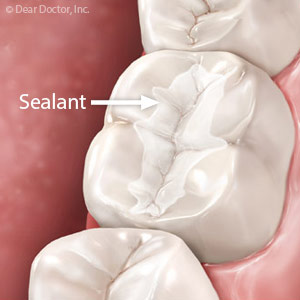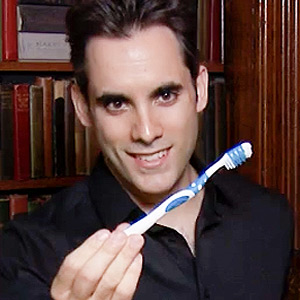

Dental veneers are a popular way to improve teeth with chips, stains, gaps or other defects. They’re typically made of dental porcelain, ceramic-like materials prized for their ability to mimic the texture, color and translucency of natural teeth.
But dental porcelain doesn’t come in one form—a dentist can utilize variations of it to better match a patient’s need. For example, one patient may need a porcelain with added strength, while another may need one that provides better coverage of underlying discoloration.
The foundational materials for veneer porcelain are glass ceramics. Also used for crowns, glass ceramics have been the preferred choice of dentists for some time to achieve life-like results. In terms of veneers, dental technicians first mix the powdered form of the porcelain with water to create a paste. They then use the paste to build up the body of a veneer layer by layer.
But while the high degree of silica (glass) in this type of porcelain best resembles the translucence of natural teeth, early forms of it lacked strength. This changed in the 1990s when technicians began adding a material called leucite to the ceramic mixture that enhanced its strength and durability.
Today, you’ll also find lithium disilicate used, which is twice as strong as leucite and is quite useful when creating thinner veneers. Both of these strength materials can be pressed and milled into shape, which helps achieve a more accurate fit. Along with the underlying glass ceramic, the result is a veneer that’s both durable and incredibly life-like.
Although today’s porcelain veneers are far superior in durability than earlier forms, they can be damaged when biting down on hard objects. To make sure your veneers last as long as possible, you should avoid biting down directly on hard-skinned fruit, or using your veneered teeth to crack nuts or crunch ice (or any other teeth, for that matter).
But with proper care, today’s veneers have exceptional longevity. And, thanks to the superior dental materials that compose them, they’ll look great for years.
If you would like more information on dental veneers, please contact us or schedule an appointment for a consultation. You can also learn more about this topic by reading the Dear Doctor magazine article “Porcelain Veneers: Your Smile—Better Than Ever.”









